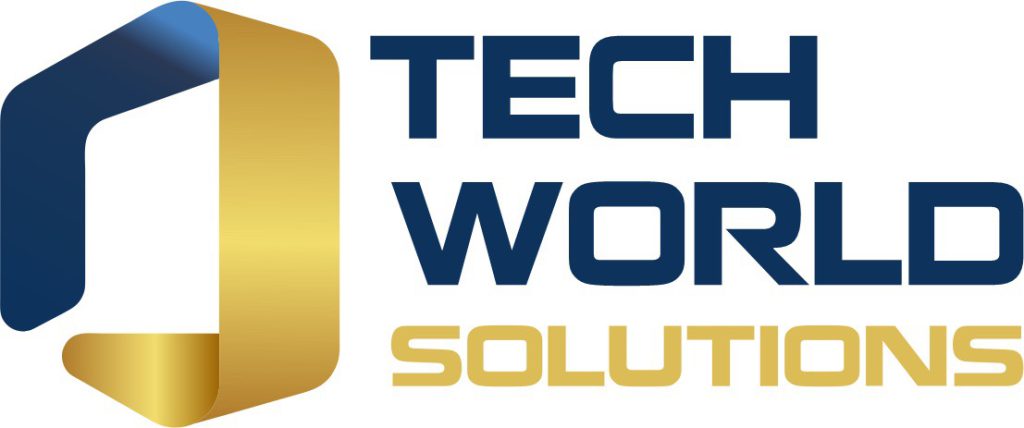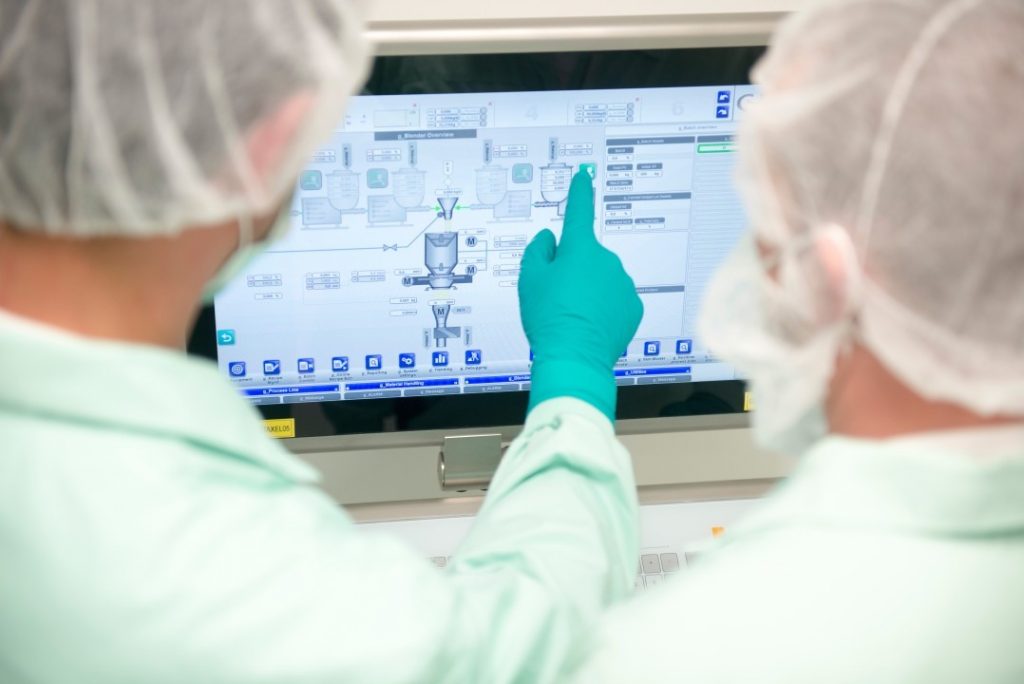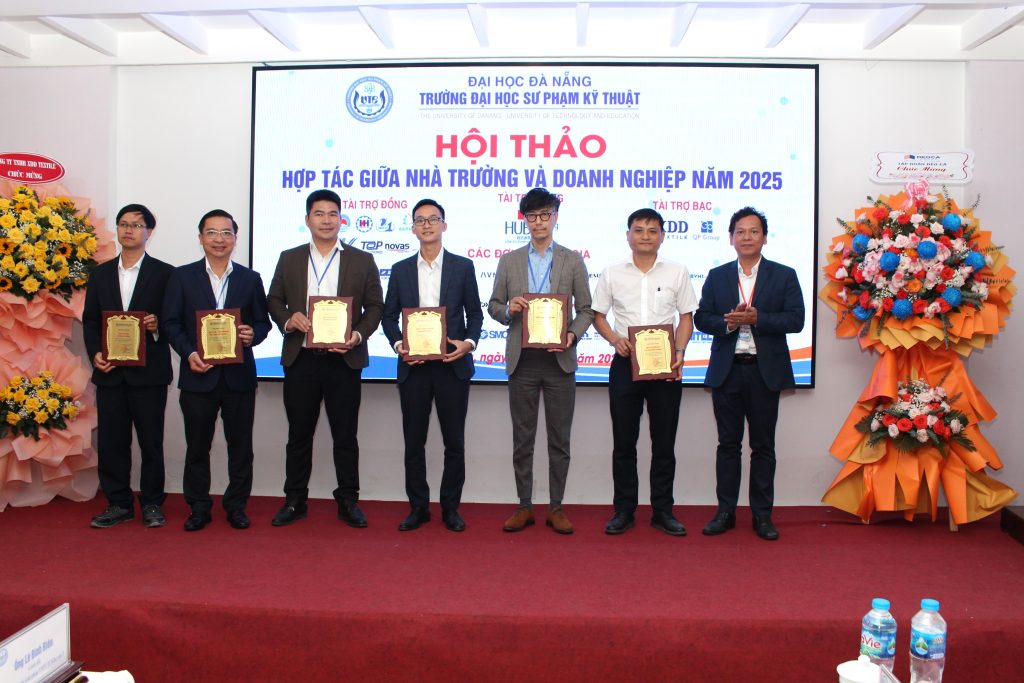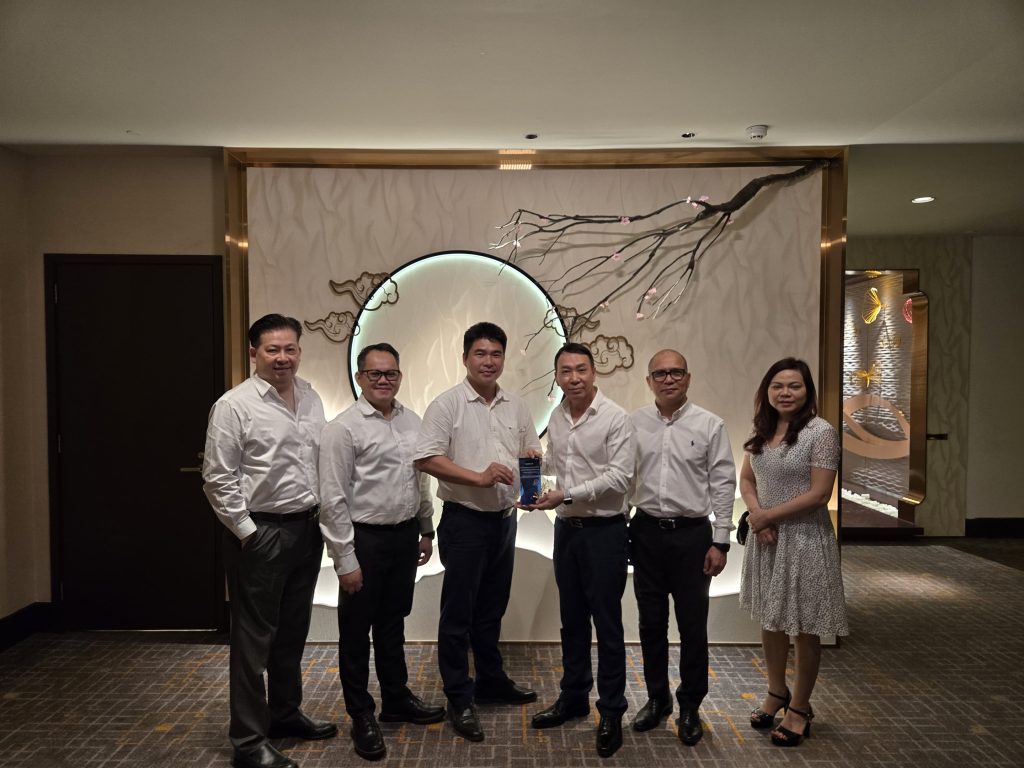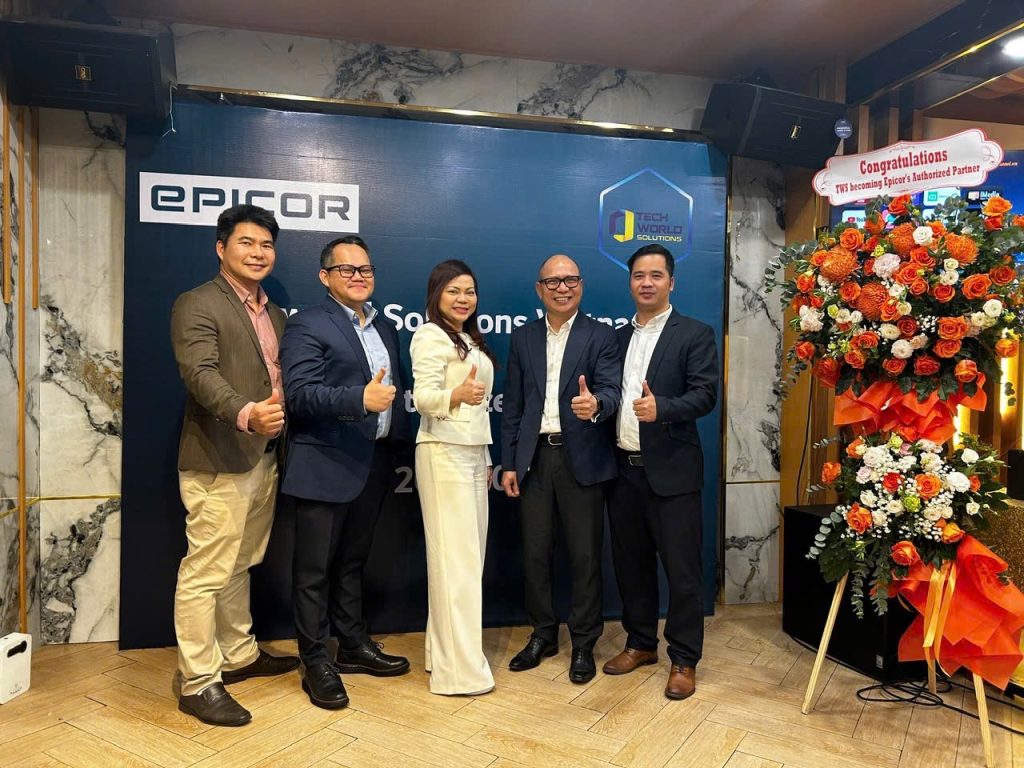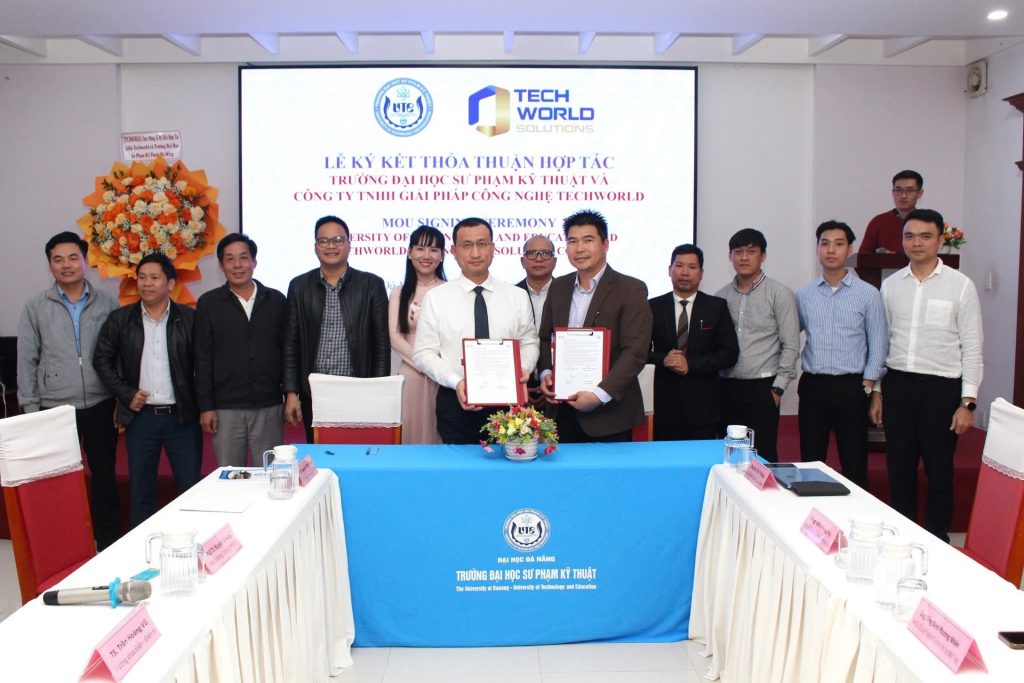Embracing the digital transformation
Siemens Digitalization Consulting has already accompanied numerous decision-makers at pharmaceutical companies on their path to digitalization. Its team of experts with backgrounds in industry, IT, and automation enables consultants to work closely in partnership with customers to develop and define their digitalization roadmap. The roadmap is based on the customers’ existing infrastructure and landscape – IT, IoT (Internet of Things), and OT (operational technology), among others – and is tailored to their business challenges and drivers. An in-depth analysis that incorporates the customer’s specific challenges as well as their existing situation is essential for a successful transition to a digital enterprise.
When technology groups add consulting services to their portfolio, some customers are initially skeptical. The inevitable question is whether a major corporation like Siemens can offer advice independently of its own products and technological solutions. “In fact, our pharmaceutical customers are often pleasantly surprised when they learn about our approach,” says Philippe Thiel, who specializes in digitalization consulting for the pharmaceutical industry at Siemens in Karlsruhe, Germany. Before that, he was employed by Siemens to team up with key players in the glass industry and assist them with their digital transformation. When the experience of experts like Thiel is combined with the expertise of colleagues who know the specific customer inside and out, and who are absolute pros when it comes to IT and automation, this creates a powerful team that is unique in the consulting business. “Because who else can improve pharmaceutical processes based on this much in-depth expertise?” asks Thiel – in this case, rhetorically.

A thorough investigation
Customers especially value the fact that Siemens’ approach to digitalization is comprehensive, and yet each individual component is inherently consistent. “We have a flexible, modular system that our customers can fully customize,” says Steeve Baudry, head of Digitalization Consulting at Siemens. That’s why the collaboration starts with a workshop attended by all the stakeholders from the relevant customer departments. During the workshop, Siemens experts listen closely to the specific issues that pharmaceutical company is concerned about. What are their challenges? What are their business objectives? This is the only way to ensure that the solutions subsequently proposed are a perfect fit – organizationally, technologically, economically, and culturally. Following this top-down approach with management, a bottom-up reconciliation is performed. In other words, the consulting team analyzes the internal processes and the maturity level of the IT, IoT, and OT plants and machine infrastructure and the existing level of automation, and they then identify potential areas for improvement. It’s all completely brand and productneutral. An in-depth look at cybersecurity aspects can also be part of the analysis.
“Anyone who embarks on the exciting adventure of making lasting changes to their company had better learn to see the big picture, because it isn’t a matter of fiddling around with symptoms: It requires a thorough investigation of the basic issues. For example, if the digital transformation isn’t supported by upper management, then individual technological measures on the field level won’t help over the long term,” says Baudry. He makes it clear that consulting is based on good chemistry between the Siemens team and the client. “A foundation of trust is the first cornerstone for what could be an extremely far-reaching project,” explains Thiel. He adds, “Experience has shown that this trust is most likely to grow if we supply the customer with a project-specific team that combines many areas of expertise: strategic and economic, but also high-tech, process-specific, and technologically relevant.” A typical project lasts four to six weeks, with Siemens generally spending three weeks on-site with the customer.

From analysis to roadmap
Following the analysis, which also incorporates several discussions with employees on all levels, the Siemens team develops the digital roadmap. This is a comprehensive plan that follows the company over a period of years – a sort of “user manual for digitalization.” Generally speaking, this roadmap tells pharmaceutical companies what measures they need to perform, when and in what order, how all the issues are interrelated, what they’ll have to invest, and when these investments have paid off. Siemens works out the details of the top projects on request. “In the process industries in particular, we encounter an existing IT landscape that has grown over a period of years. New technologies have to be embedded in this landscape in such a way that processes are noticeably improved,” says Thiel. The transformation process can then be implemented by the customer on their own or with the help of partners.
A real-world example
One example of this is ChemCon, a privately-held, medium-size company located in Freiburg, Germany. ChemCon is a contract manufacturer and analytical service provider of active pharmaceutical ingredients and fine chemicals. “Siemens’ digital roadmap provides us with a clear schedule for how to improve our processes with validated digital systems while maintaining full data integrity. This is an extremely important step for us so that we can continue to grow in an increasingly digitalized industrial environment. And our customers can continue to rely on ChemCon as a reliable partner with high-quality products. With the digital roadmap, Siemens has launched a long-term project for ChemCon. Although the project management will now be centered at ChemCon, we will certainly continue our collaboration with Siemens. We’re convinced that in the future, milestone meetings will be crucial in helping ChemCon succeed in its stated goal of significantly increasing productivity through digitalization,” explains Dr. Raphael Vogler, CEO of ChemCon GmbH. “When pharmaceutical companies opt for our consulting services, they can be sure that they’ll be able to make the most of their investments,” concludes Thiel.
- Native vs. Web vs. Hybrid Apps vs. PWAs: The Pros & Cons
- Experience the new generation of financial analytics and reporting in Microsoft Dynamics 365 Business Central
- TECHWORLD SOLUTIONS VIỆT NAM VÀ ĐẠI HỌC SPKT ĐÀ NẴNG KÝ KẾT HỢP TÁC TRIỂN KHAI TRUNG TÂM NGHIÊN CỨU & ĐÀO TẠO CÔNG NGHỆ SỐ
- How AI is Shaping the Future of the Software Development Lifecycle
- 12 Omnichannel Customer Experience Best Practices
Bài viết cùng chủ đề:
-
Leave Request – Quản lý nghỉ phép thông minh trong một mô-đun CRM duy nhất
-
Techworld Solutions Đồng Hành Cùng UTE Trong Đào Tạo Nhân Lực Chất Lượng Cao
-
Microsoft Office chính thức chuyển thành Microsoft 365
-
Epicor Asia & Techworld Solutions Vietnam Chính Thức Công Bố Quan Hệ Đối Tác Chiến Lược, Mở Rộng Hệ Sinh Thái Giải Pháp Tại Việt Nam và Khu Vực
-
Chúc mừng đội ngũ Microsoft!
-
Giá trị của Microservices Doanh Nghiệp với Low-Code
-
Sự Tiến Hóa Tiếp Theo Của Mendix Cloud: Đón Nhận Kubernetes Để Xây Dựng Nền Tảng Sẵn Sàng Cho Tương Lai
-
Optimizing Production with Epicor ERP – Specialized Solutions for Complex Industries
-
Addressing the Knowledge Gap
-
AI-Assisted Development in Action with Mendix
-
Empowering Mobile Innovation
-
How to Upgrade Legacy Systems to Compete in the Cloud Age
-
TECHWORLD SOLUTIONS VIỆT NAM VÀ ĐẠI HỌC SPKT ĐÀ NẴNG KÝ KẾT HỢP TÁC TRIỂN KHAI TRUNG TÂM NGHIÊN CỨU & ĐÀO TẠO CÔNG NGHỆ SỐ
-
How to Architect Your Mobile Customer & Employee Experiences
-
PVI Gia Định Partners with Techworld Solutions Vietnam to Revolutionize Insurance Management
-
ESEC Group Partners with Techworld Solutions Vietnam to Implement Microsoft Dynamics 365 ERP
